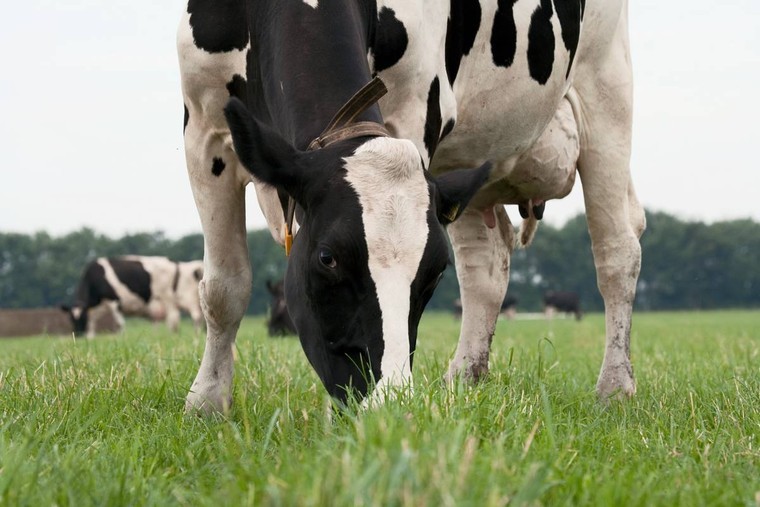With reports of infection in 70% of dairy farms and 18% of beef farms1, leptospirosis remains a key threat to herd health.
It is vital that farmers take a proactive approach to controlling the disease this grazing season, says Dr Paul Williams, MSD Animal Health Technical Manager for Ruminants.
“A robust vaccination programme is the most reliable way to stay on top of leptospirosis, which can lead to reduced milk yields, infertility and abortion if left uncontrolled.
“For optimum protection, vaccination timing is crucial,” he explains.
“Spring turnout is a high-risk period, as it’s the main season of transmission of Leptospira Hardjo.”
Therefore, the primary vaccination course for naïve cattle, such as heifers, who have not been vaccinated against leptospirosis before, needs to be completed two weeks pre-turnout. This consists of two doses with an interval of at least four weeks and not more than six weeks between them.
“To protect your herd, it’s important to start the regime now. If livestock are already on a vaccine programme, a single booster dose should be given annually before turnout to maintain protection. It’s important to follow label recommendations, so check with your vet if you have any queries,” he adds.
In addition to vaccination, farmers should also consider how to minimise the risk of leptospirosis entering their herd in the first place, he says.
“Buying in bulls or replacement cows, co-grazing with sheep and access to open waterways can all increase the risk of infection.”
Biosecurity is a crucial element of leptospirosis control for disease? Not On My Farm! ambassador William Westacott, who runs a flying dairy herd in Kent.
“I import around 50 Holstein heifers from Germany every spring, and do all I can to prevent any disease entering my farm.
“Firstly, I only buy from herds with high health status to help ensure the heifers are not carrying leptospirosis or other endemic diseases. On arrival at the farm, they’re quarantined for six weeks before mixing with the rest of the herd.
“For additional protection, all cattle are vaccinated with Bovilis® Leptavoid®-H on arrival which protects against both common strains of leptospirosis in UK herds2. This means they’re synchronised with the rest of the herd who receive their annual boosters before turnout.
“We’re a high yielding, high input system so I can’t risk compromising herd health or yields. We need to remain disease-free, and vaccination alongside strict biosecurity measures give me peace of mind,” he adds.
To prevent leptospirosis impacting your bottom line, discuss a proactive approach to disease control with your animal health advisor.




